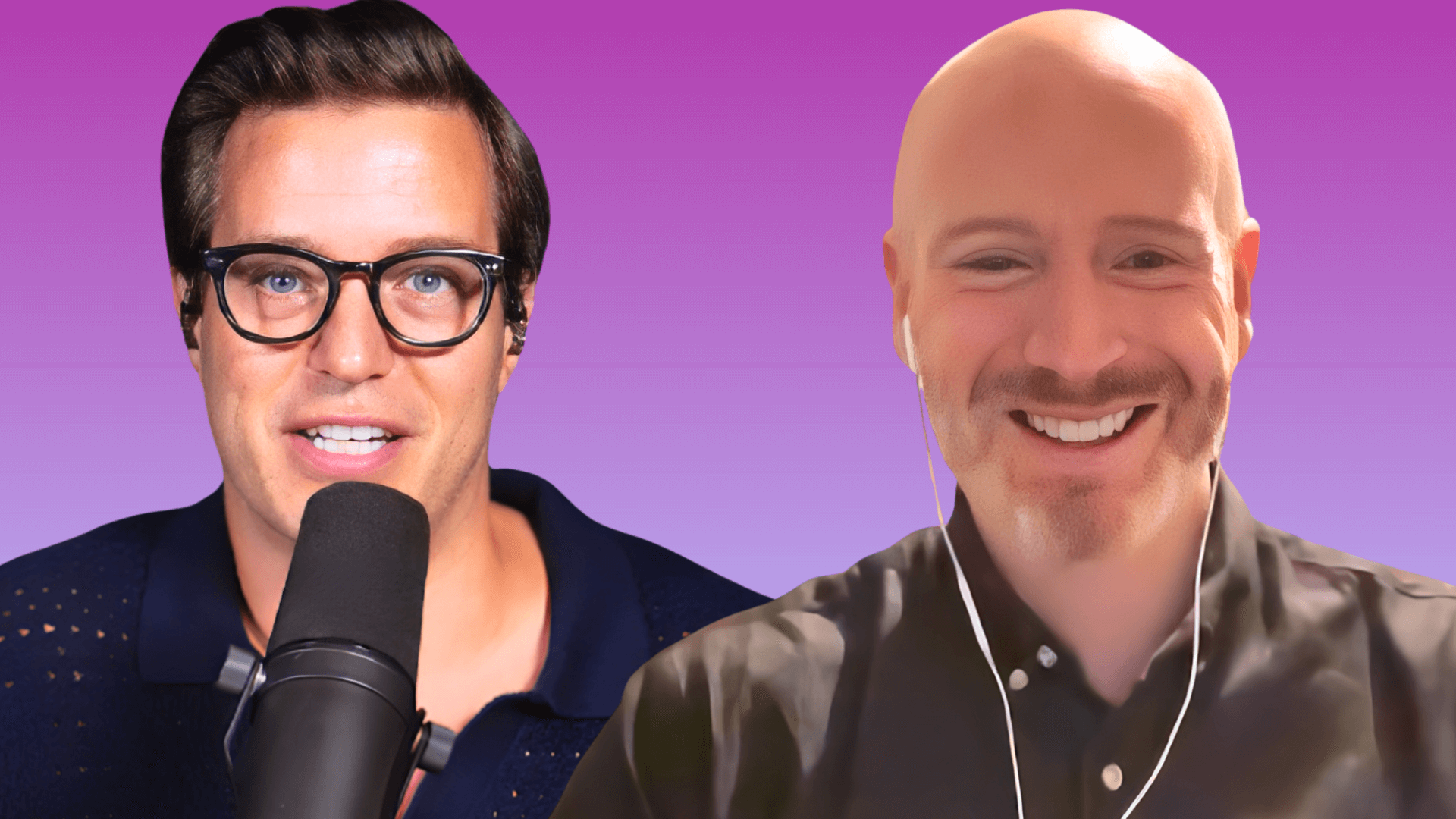In today’s episode, we explore the transformative power of psychological flexibility with Dr. Ross White, an award-winning clinical psychologist and a leader in mental resilience and high-performance coaching. Currently a professor of clinical psychology at Queen’s University Belfast and founder of Strive to Thrive, Dr. White specializes in helping individuals and organizations unlock their potential while safeguarding mental well-being. His latest book, The Tree That Bends: How a Flexible Mind Can Help You Thrive, challenges the relentless “no-limits” mindset and presents a balanced approach to personal growth, integrating acceptance, commitment therapy, and mindfulness.
Join us for a compelling conversation with Dr. Ross White as we explore the power of psychological flexibility in achieving true resilience and mental well-being. How can we balance the grit needed for high performance with the adaptability essential for sustainable growth? Dr. White discusses the “get, threat, and reset” modes that guide our energy and performance, revealing how psychological flexibility can protect us from burnout while enhancing success. Discover actionable insights into balancing ambition with rest, redefining mental toughness, and navigating the social pressures that drive relentless striving. This episode offers a new approach to thriving under pressure, helping you to achieve both performance and well-being in your personal and professional life.
What to Listen For
Introduction – 00:00:00
- What are the “get, threat, and reset” modes that drive our mental energy and resilience?
- How does Dr. Ross White’s background in clinical psychology influence his approach to high performance and mental well-being?
- What can listeners expect from Dr. White’s latest book, The Tree That Bends, on balancing ambition with self-care?
Redefining Resilience: Beyond Grit – 00:04:28
- Why can grit sometimes be a barrier rather than a strength in high-stress environments?
- What does “thriving” truly mean according to Dr. White, and how does it balance both well-being and performance?
- How can persistence become counterproductive, and what role does adaptability play in reaching our goals?
The Power of Psychological Flexibility in High-Performance Settings – 00:07:49
- What is the importance of adaptability for executives, athletes, and other high achievers in preventing burnout?
- How can the “get, threat, and reset” framework help maintain peak performance while prioritizing mental health?
- Why should high performers balance drive with self-awareness and adaptability?
Embracing Limits and Building Purpose – 00:13:00
- What are “when-then” traps, and how can they hinder long-term fulfillment?
- How does Dr. White recommend redefining success to include well-being and self-care?
- Why is it vital to build purpose that aligns with personal values, rather than societal expectations?
Harnessing Psychological Flexibility to Reduce Stress – 00:19:28
- What is “psychological flexibility,” and how can it help us handle life’s stressors with greater resilience?
- How does comparing oneself to social media “highlight reels” fuel burnout, and what are healthier alternatives?
- Why is cultivating personal values a cornerstone of thriving under pressure?
Techniques for Emotional Awareness and Anchoring – 00:33:41
- How can techniques like the “roving reporter” exercise help us detach from negative thought patterns?
- What is “anchoring,” and why is it essential for managing challenging emotions?
- Why is emotional awareness crucial for navigating stress and making effective decisions?
Moving from Reacting to Responding: Mindful Choices – 00:45:01
- Why is it important to recognize “choice points” in life, and how can they steer us toward our values?
- What are “away” versus “toward” moves, and how can they influence our choices under stress?
- How can listeners cultivate a more thoughtful approach to life’s challenges through flexible responses?
Exploring the Poplar Technique for Emotional Regulation – 00:49:21
- How does the “poplar” technique help in managing intense emotions without immediate reaction?
- What steps are involved in identifying, locating, and understanding an emotion’s impact on the body?
- How can creating space for emotions lead to better decision-making and personal growth?
A Word From Our Sponsors
Tired of awkward handshakes and collecting business cards without building real connections? Dive into our Free Social Capital Networking Masterclass. Learn practical strategies to make your interactions meaningful and boost your confidence in any social situation. Sign up for free at theartofcharm.com/sc and elevate your networking from awkward to awesome. Don’t miss out on a network of opportunities!
$75 SPONSORED JOB CREDIT to upgrade your job post at Indeed.com/CHARM. Offer good for a limited time.
Ready to start your ecommerce business? Sign up for a one-dollar-per-month trial period at shopify.com/charm. Grow your business–no matter what stage you’re in.
Curious about your influence level?
Get your Influence Index Score today!
Take this 60-second quiz to find out how your influence stacks up against top performers at theartofcharm.com/influence
Running out of things to say in conversation… and still struggling to get people interested in you?
That’s an uncomfortable position to be in. Don’t want to risk getting tongue-tied and screwing things up the next time you meet someone?
Check out Conversation Magic now to make sure you don’t crash and burn. With our bulletproof formula, you’ll be flirting up a storm, sparking fun and engaging conversations, and making high-value friends anywhere!
